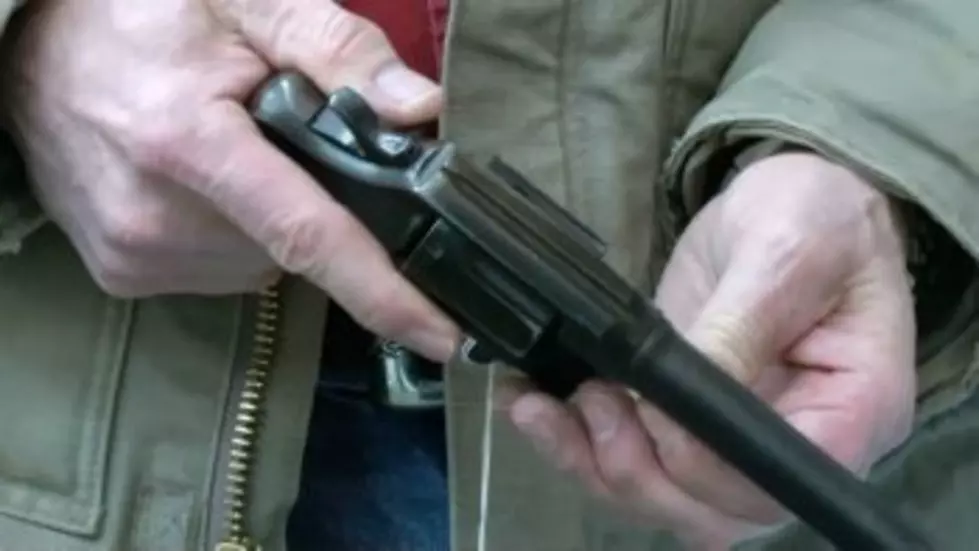
Gun ruling unlikely to affect Montana; experts say issue likely headed to SupCo
As the Montana Legislature expanded where Montanans can carry guns concealed, the Ninth Circuit of Appeals has ruled that carrying weapon in public is not a constitutional right.
Though the ruling would seem to fly in the face of lawmakers’ efforts, legal scholars say the decision won’t likely have a direct impact on Montana, though it’s part of the Ninth Circuit in the federal court system. Instead, most agree that a patchwork of decisions on the Second Amendment make it increasingly likely that the United States Supreme Court will tackle the issue soon.
The Ninth Circuit was divided on the matter, which stemmed from a case in Hawaii. At the heart of the matter was whether Hawaii could essentially ban open carrying of firearms in public, and if the Aloha State’s strict concealed-carry permitting process violated the Second Amendment of the United States Constitution.
In its lengthy ruling, the court said the Second Amendment protects a citizen’s right to purchase or own firearms and carry them on his or her own private property, or defend it. However, the circuit court ruled that the Constitutional protection ended at the property line, and that state officials could determine gun laws and rules for carrying guns outside of private property.
Anthony Johnstone, a law professor at the Alexander Blewett III School of Law at the University of Montana, said the court’s ruling won’t likely affect any legislation the Legislature has recently passed. The Hawaii question isn’t so much about where guns can and cannot be carried, instead what rules a state can implement.
“This case was decided on narrow grounds,” Johnstone said.
Because Hawaii was setting rules for public spaces and not private property, the Ninth Circuit said the state had the right to regulate carrying firearms. However, Johnstone pointed out, that same principle allows Montana to set more relaxed rules on carrying firearms in the Treasure State.
“The right is for self defense,” Johnstone explained. “It doesn’t prohibit states from regulating open carry.”
He said the Ninth Circuit ruled consistently with previous Supreme Court decisions, as the State of Hawaii argued it had a right and obligation to regulate firearms in public spaces in the name of public safety.
The Ninth Circuit is not alone in wading through the complexities of the Second Amendment. There have also been similar cases in the Second, Third and Fourth Circuit Court of Appeals. But, Courthouse News reported that the D.C. Circuit Court as well as the Seventh Circuit have struck down state laws that ban carrying guns in public, making the issue likely to wind up in the U.S. Supreme Court.
Previously, the United States Supreme Court took up the issue in the famous Heller case in which Justice Antonin Scalia wrote: “Courts routinely explained that the right was not a right to keep and carry any weapon whatsoever in any manner whatsoever and for whatever purpose…Nothing in our opinion should be taken to cast doubt on longstanding prohibitions on the possession of firearms by felons and the mentally ill, or laws forbidding the carrying of firearms in sensitive places such as schools and government buildings, or laws imposing conditions and qualifications on the commercial sale of arms.”
“The court is overdue to clarify the scope of the right to keep and bear arms,” Johnstone said. “Courts like to see these issues percolate. You would expect them to take up a matter where a constitutional issues plays out that leaves courts in different states with different decisions. That’s a circuit split, and those are the cases that the Supreme Court does feel an obligation to take.
“The Constitution can’t mean one thing in the South, and one thing on the West Coast and another in the East and Midwest.”
